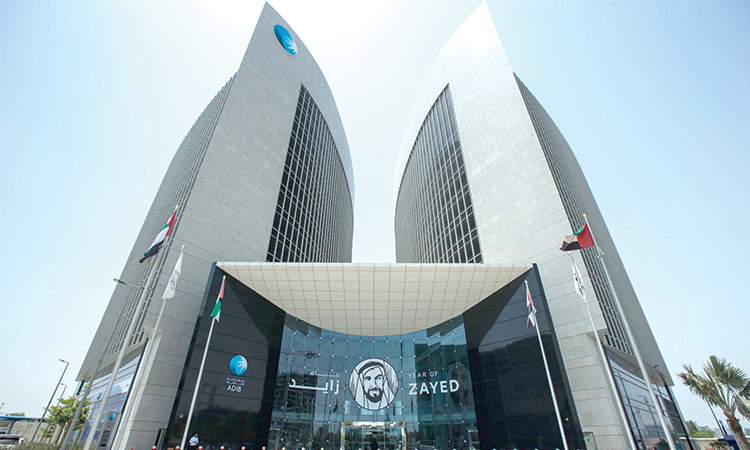China issues rules to regulate online micro-lending business

Employees at the lending department of a bank in Dongguan, China.
The draft rules from the People’s Bank of China (PBOC) and the China Banking and Insurance Regulatory Commission (CBIRC) seek to increase the bar for micro-lenders to be able to provide online loans directly to consumers or jointly with banks, while limiting the amount they can lend.
Regulators are sharpening their focus on banks that heavily use micro-lenders or third-party technology platforms like Ant Group to underwrite consumer loans, amid fears of rising defaults and deteriorating asset quality. Chinese banks’ consumer loans sourced via tech firms reached 1.43 trillion yuan ($213.71 billion) as of end-June, according to the PBOC.
The draft, which is open for public feedback until Dec. 2, set a new requirement for small online lenders to provide at least 30% of any loan they fund jointly with banks.
They also set a 5 billion yuan registered capital threshold for micro-lenders that offer loans online across different regions. The current threshold varies between provinces but is well below 1 billion yuan.
Micro-lenders which source borrower data from ecommerce platforms to assess their credit will be required to share the credit information with the central bank, according to the draft rules.
Analysts expected banks to turn more cautious about providing joint loans with fintech lenders to consumers as a result.
Guo Wuping, head of the consumer protection division at CBIRC said in a commentary on Monday that the rights of users of Ant-owned consumer loan companies Huabei and Jiebei deserve close scrutiny. Guo said such fintech loan companies effectively perform the functions of banks and should adopt similar risk controls.
Licenses for eligible lenders will be renewed every three years, according to the draft rules, which said regulators will in principle not approve new micro-lenders that lend online across regions.
Lenders will have 12 months to comply with the new rules once it becomes official.
Meanwhile, China’s Ant Group is expected to double its market value on debut, as unmet demand from mom-and-pop investors and an impending inclusion in major global indexes could offset worries about tighter regulations, fund managers said.
The fintech giant will be listed in Hong Kong and Shanghai’s Nasdaq-style STAR Market on Thursday following its record $37 billion IPO, which attracted from retail investors alone a bid value equivalent to Britain’s GDP.
The IPO values Ant , a spinoff from Jack Ma’s Alibaba Group, at about $315 billion. The combined market cap of JPMorgan, Morgan Stanley, Citigroup and Goldman Sachs is $548 billion.
“Ant will be the market’s icon,” said fund manager Zhang Yingbiao from Shenzhen Longteng Huijin Fund Management Co, which bought Ant’s IPO shares via a bidding process.
The stock is expected to more than double in Shanghai on its debut due to its “uniqueness”, but the listing could “suck blood and steal the limelight” from the rest of the market with heavy first-day turnover, he said.
Ant, China’s dominant mobile payments firm that also offers loans, insurance and asset management, presents itself mainly as a technology vendor for financial institutions, but financial regulators say the firm remains under their purview.
The Hangzhou-based giant is benefiting from the richer valuations the market affords to tech firms than to financial institutions, analysts say.
For many fund managers in China, Ant stock is a “must-have” given its “huge growth potential”, said Zhong Daqi, founding partner of Guangzhou Zeyuan Investment Management Co, which expects Ant to rise as much as 150% on debut in Shanghai.
Large issuances typically curb a stock’s first-day rally on STAR, where debut gains average about 160%, but a long queue of retail investors who missed out during the Ant IPO process could test that, Zhong noted. The Shanghai tranche of the IPO was heavily skewed toward strategic and institutional investors.
“Ant represents the future of banking, and is a disruptive force,” said Zeng Qiang, a retail investor who plans to buy shares on the secondary market.
“It’s no longer a catfish. It’s a whale.”
Expectations that Ant shares will be included in major stock indexes are further burnishing their appeal.
Global index publisher FTSE Russell expects to include Ant’s Hong Kong-traded shares in relevant FTSE indexes at the close of November 11 in “fast entry”.
MSCI intends to add Ant’s Hong Kong and Shanghai-listed shares to relevant indexes as of end-November 30.







